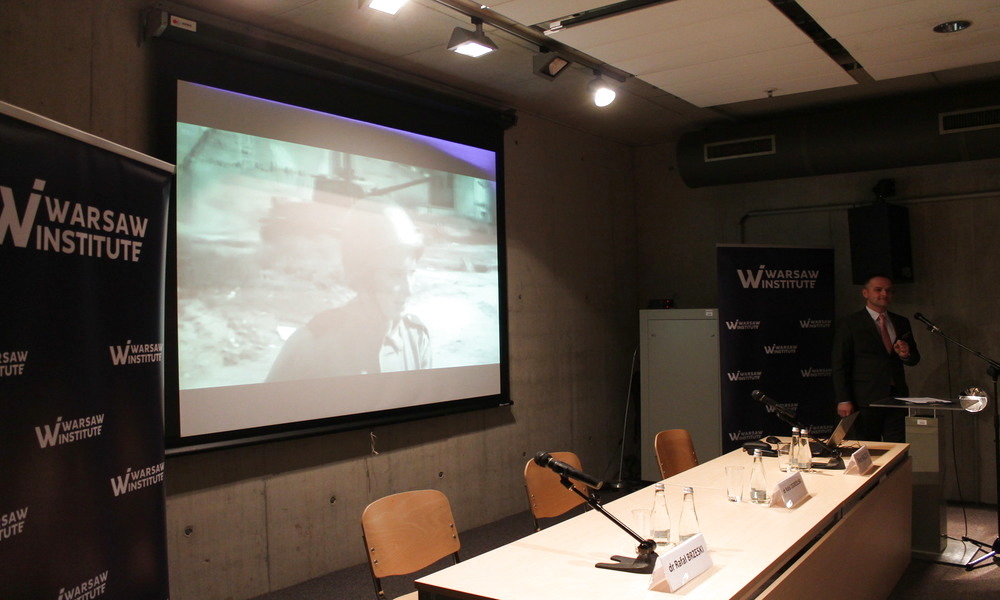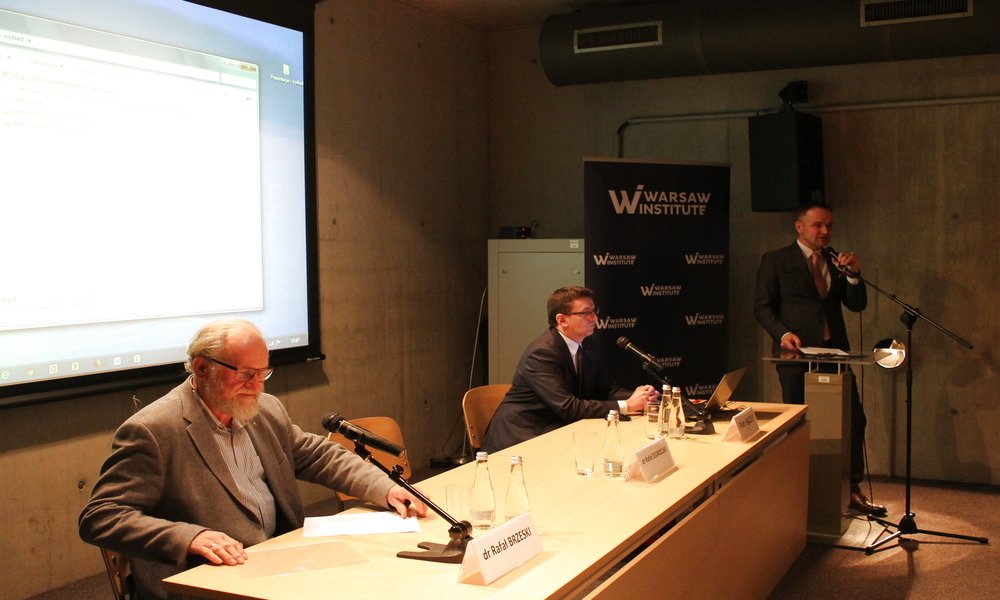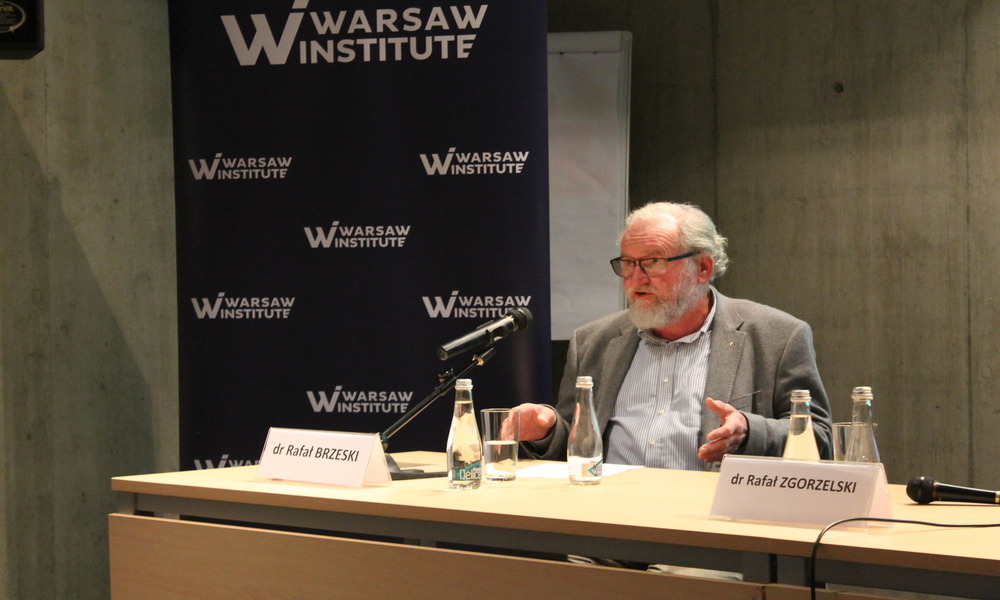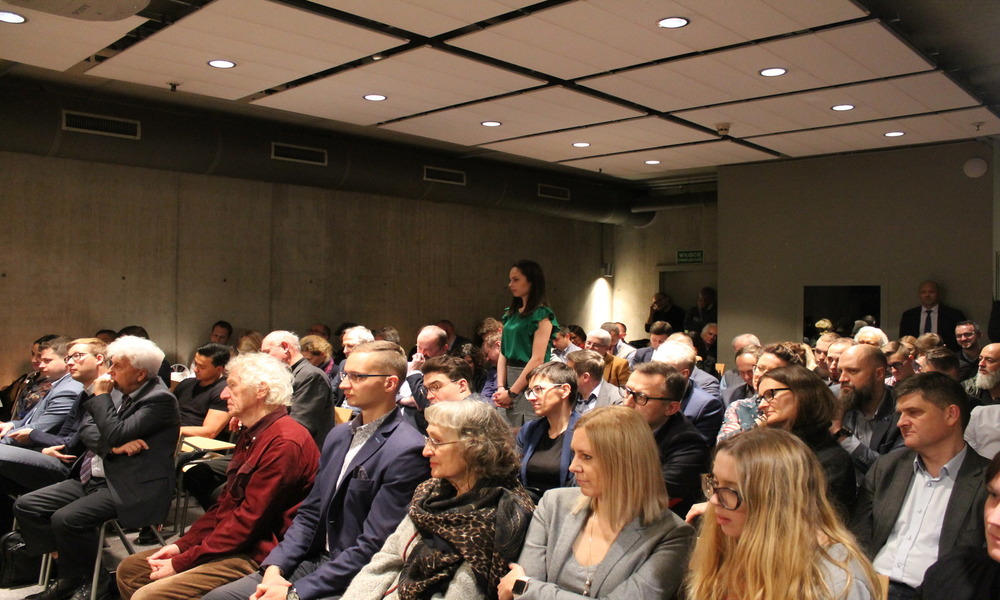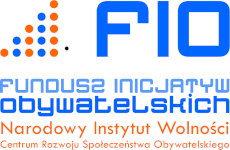NEWS
Date: 13 December 2018
Warsaw Institute Debate: Information Warfare and Activities of Special Services
Even though Poland is not targeted by a hybrid war, the Polish state has been affected by information warfare activities for many decades, Dr. Rafał Brzeski, a specialist in the field of information warfare, said at the debate “Information Warfare and Activities of Special Services” hosted by The Warsaw Institute on December 10, 2018, at the University of Warsaw. During the meeting, the experts discussed essential theoretical aspects of the disinformation phenomena while familiarizing the participants with some contemporary problems regarding the transmission of mass information and major threats resulting from spreading “fake news”.
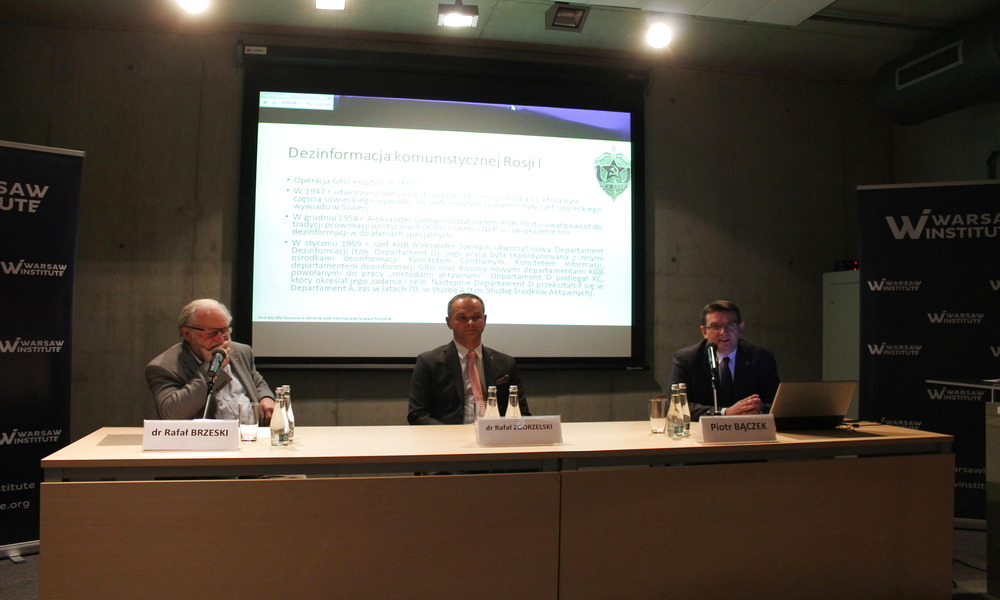
The discussion panel, chaired by Dr. Rafał Zgorzelski, the editor-in-chief of The Warsaw Institute Review, was attended by Dr. Rafał Brzeski, an outstanding expert in the field of information warfare, special services and terrorism, former journalist of the Polish Radio London and Piotr Bączek, head of Poland’s Military Counterintelligence (2015-2018).
The event focused mostly on topics related to information warfare, activities of special services and fake news dissemination. In his presentation, Piotr Bączek provided the attendees with some theoretical assumptions of the information warfare activities as conducted by the Russian Federation. He also emphasized that Russia has had deeply rooted and centuries-old traditions in spreading disinformation, practicing deception and manipulating facts at both domestic and foreign levels. The expert made an attempt to trace back origins of such attitudes, claiming that Russian propaganda and information warfare date back to the times of Tsarist regime and the Tatar state, later followed by undertakings of the Red Army and provocative activities carried out by Russian political police aiming to set up fake migrant communities and eliminate any remnants of the state opposition. In his speech, Mr. Bączek insisted on the fact that in the mid-20th century the Soviets drew some inspirations from The Art of War, an ancient Chinese treaty by Sun Tzu, as the book was translated into Russian, gaining high popularity among high-ranking Soviet civil servants. For instance, the Sun Tzu-based propaganda consisted of enemy deception, fighting wars without having to do battle, and discrediting any positive aspects of the opponent’s country while ridiculing its traditions. As the military treatise enjoyed popularity in Soviet Russia, whose services could develop disinformation practices, the KGB state security agency was thus free to conduct such activities all around the world.
In addition, Piotr Bączek provided the participants with a detailed description of reflexive management and the so-called Gerasimov doctrine as well as he discussed mechanisms aiming to fuel both internal clashes and conflicts of interests. Moreover, Piotr Bączek depicted instances of achieving goals by means of the so-called “soft power”. He argued that contemporary conflicts, apart from involving military forces, are increasingly employing a great range of non-military means, including special services as well as economic, political and informational powers.
The second part of the event was devoted to Rafał Brzeski’s speech. First of all, the expert referred to the example of China, claiming that the modern doctrine of information warfare was necessary to provide armies with equal opportunities. According to the speaker, information warfare does not include any direct involvement of equipment, troops, and firepower, instead of constituting a war of intellects where only the wise one is bound to win.
In such a way, information warfare is targeted at human consciousness, a phenomenon known as Perception Management and based on a planned scenario, both induced and perpetuated by the information operations initiators. Among such tools is disinformation which combines activities carried out by both intelligence and counterintelligence services. In his speech, Dr. Rafał Brzeski distinguished two main disinformation types: tactical, based on ongoing influence operation, and strategic, whose aim is to develop long-term and multi-generational activities targeted at building both stereotypes and persistent narratives, tasked with distorting the reality as perceived by a given group. Furthermore, the expert tackled the phenomenon of disinformation diversion (the use of similar measures to wreak havoc on state and economic issues) as well as he expressed his stance on fake news and the yellow vests movement.
Both presentations were followed by a Q&A session, moderated by Dr. Rafał Zgorzelski, during which a group of over hundred of participants had an opportunity to discuss and consider practical aspects of the special services functioning, possible reactions to the dissemination of manipulated and fake news as well as citizens’ attitudes to the ongoing information warfare in the public sphere.
The conference partner was Student Association of Logistics from War Studies University
The program was co-financed from the funds of the Civic Initiatives Fund Program 2018.

